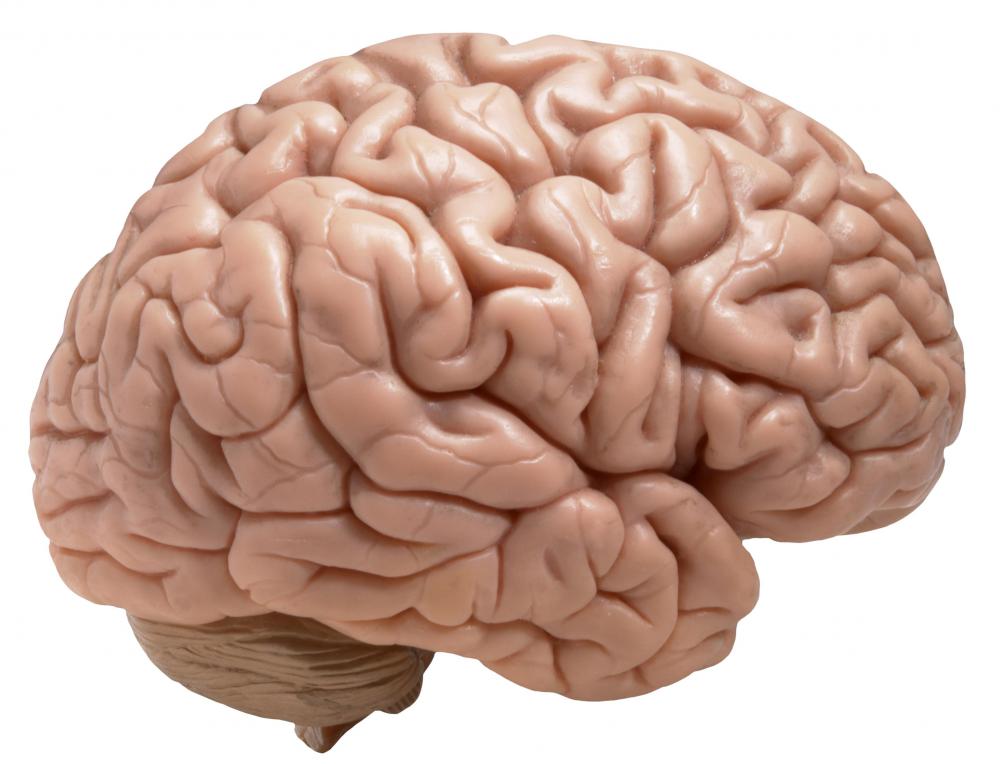At WiseGEEK, we're committed to delivering accurate, trustworthy information. Our expert-authored content is rigorously fact-checked and sourced from credible authorities. Discover how we uphold the highest standards in providing you with reliable knowledge.
What is Parkinson's Disease?
Parkinson's Disease is a movement disorder which affects people over 50 primarily, especially men. This disease is familiar to many people, thanks to its distinctive symptoms. The most notable of these symptoms is probably the hand tremors which betray the beginnings of the disorder. This condition is considered chronic and progressive, and there is currently no cure, although a variety of treatments can be used to manage Parkinson's and to slow the progression of the disease.
This condition is caused by damage to the cells in the brain which produce and transmit dopamine. If more than 80% of these cells become compromised, the brain's owner will develop Parkinson's Disease, because their muscles lack this crucial chemical. Without dopamine, muscles don't move as smoothly, and the body has difficulty coordinating muscle movement.

In addition to the tremors associated with Parkinson's, the disease can also manifest in the form of poor balance, slurred speech, a shuffling gait, cramped handwriting, stiff or rigid movements, slow movements, difficulty swallowing, and the loss of reflex movements like blinking. Parkinson's patients can also experience depression and sleep problems, and they may develop involuntary twitches and tremors.

Doctor James Parkinson was the first to describe the disease, in 1817, and it is named in his honor. The causes are not fully understood, because many patients seem to develop the condition for no apparent reason. There is certainly a genetic component, with some people being more at risk than others, and severe head trauma, prolonged drug use, and exposure to certain toxins seems to increase the risk as well. Typically, the disease is diagnosed on the basis of symptoms, and sometimes a brain scan will be performed to confirm, by looking for the changes in brain activity associated with Parkinson's.

Treatment for Parkinson's Disease is focused on slowing the progression, making the patient more comfortable, and maintaining independence for as long as possible. Physiotherapy is used to keep limbs as flexible as possible, while drugs can be used to supplement the lost dopamine and manage the tremors. Parkinson's Patients may also be given diet and exercise recommendations, and in some cases deep brain stimulation is used as a treatment for Parkinson's.

Being diagnosed with Parkinson's isn't the end of the world, especially for patients who are willing to put the effort into physical therapy and exercise. It is helpful to be surrounded with supportive friends and family members, and it can be a good idea to research assistive devices which promote independence for patients with Parkinson's and other movement disorders.
AS FEATURED ON:
AS FEATURED ON:
















Discussion Comments
kapikachhu himalaya is helpful in Parkinson's Disease
It appears that drinking black tea helps in Parkinson's prevention.
Post your comments